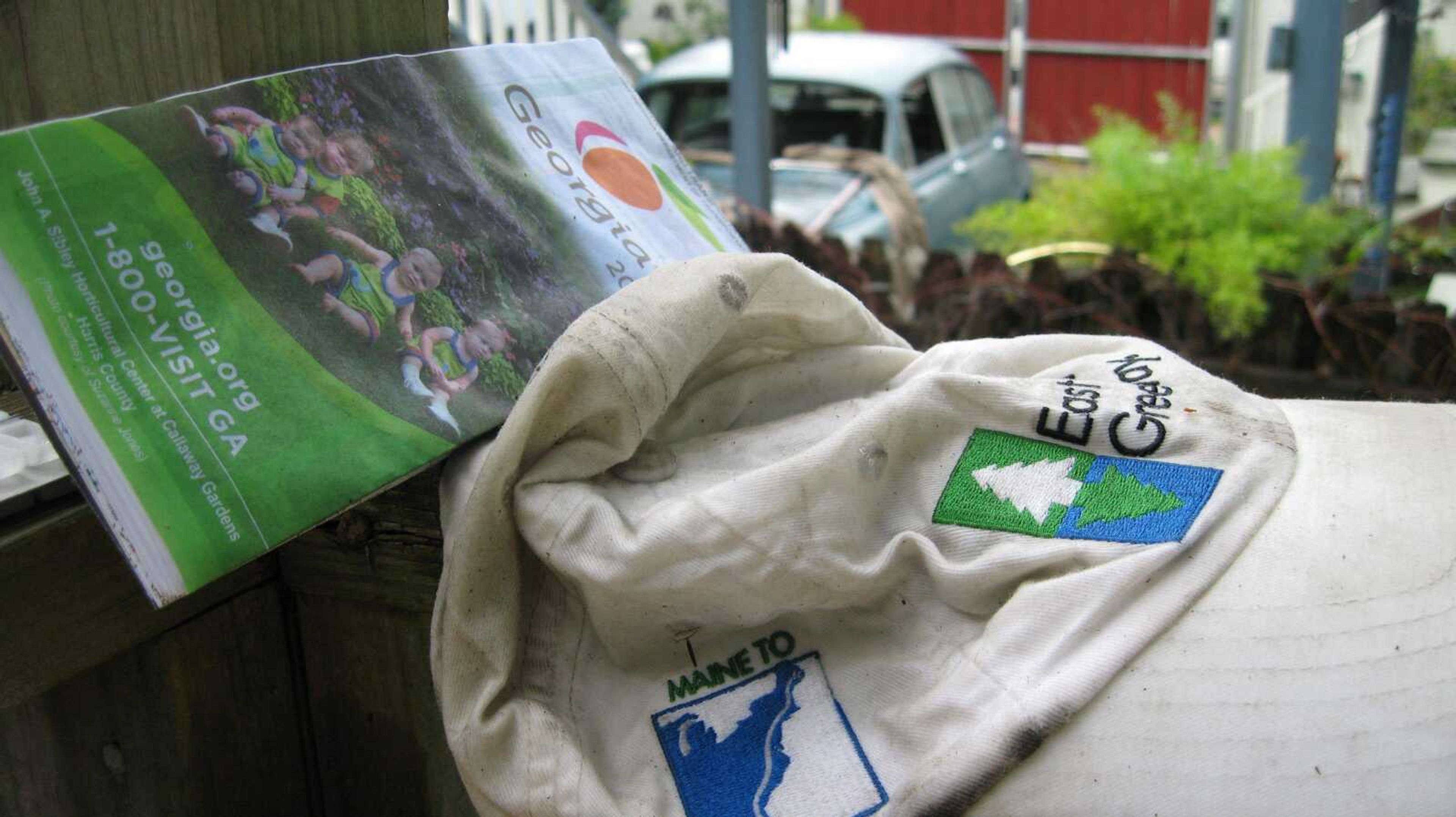The end of the road
A bicycle can be a way to get places, but also a way to meet people as one local cyclist discovered on his ride from Washington, D.C., to Key West. Matt Wittmer joined the effort of the East Coast Greenway Alliance, a not-for-profit organization trying to link pedestrian and bike trails from the Canadian border to the Florida Keys using existing trails in all the coastal states and connecting them with safe roads. He started in September and rode into Key West in November...
~Cape Girardeau native Matt Wittmer rode his bicycle from Washington, D.C., to the Florida Keys. He started in September and rode into Key West in November.
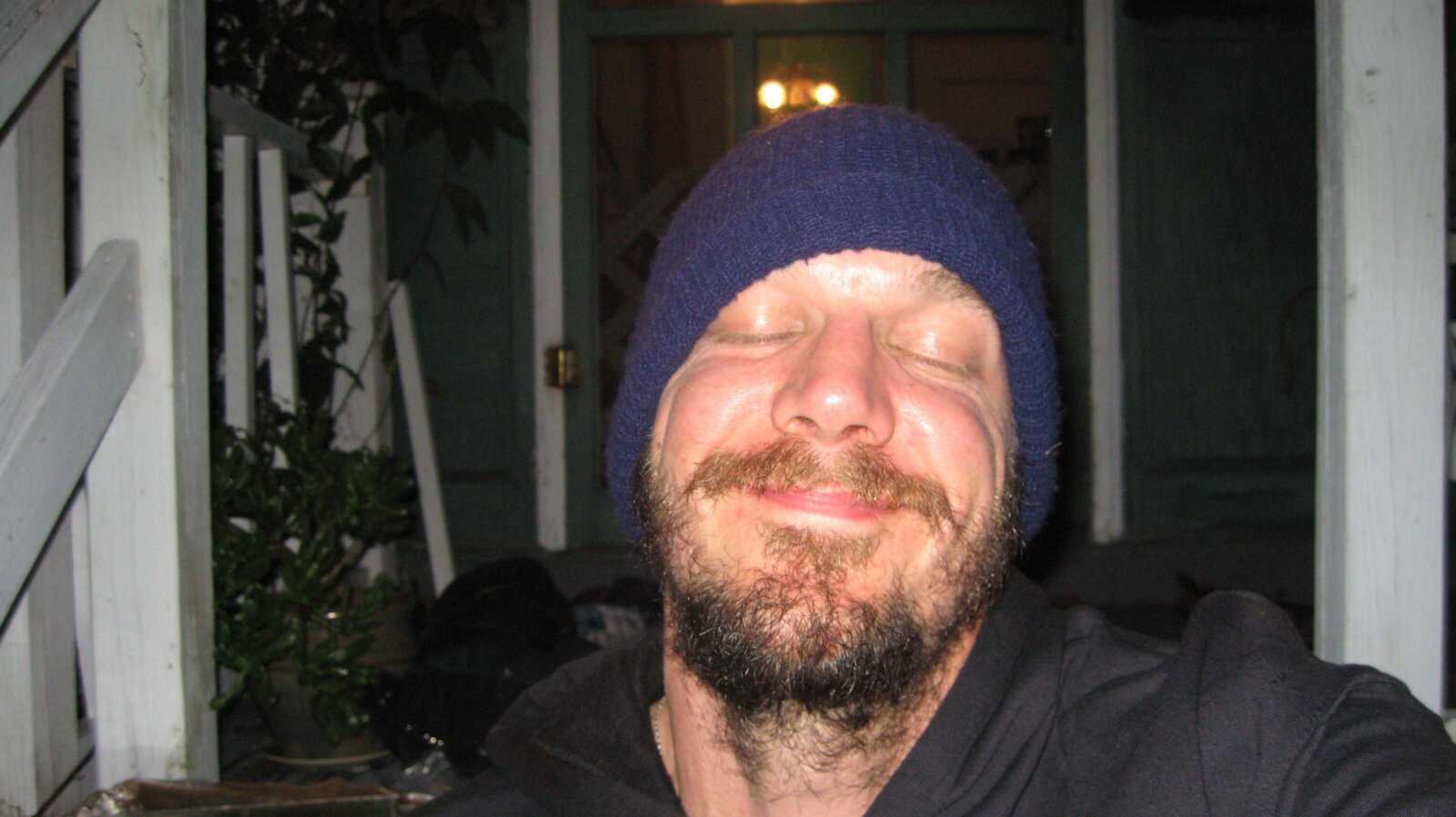
A bicycle can be a way to get places, but also a way to meet people as one local cyclist discovered on his ride from Washington, D.C., to Key West.
Matt Wittmer joined the effort of the East Coast Greenway Alliance, a not-for-profit organization trying to link pedestrian and bike trails from the Canadian border to the Florida Keys using existing trails in all the coastal states and connecting them with safe roads. He started in September and rode into Key West in November.
"It was one of the most amazing experiences of my life," he said.
If you don't mind "living day to day" -- Wittmer often didn't know where he would lay his head until the sun was setting -- riding a bicycle was "just about the best way to see a place."
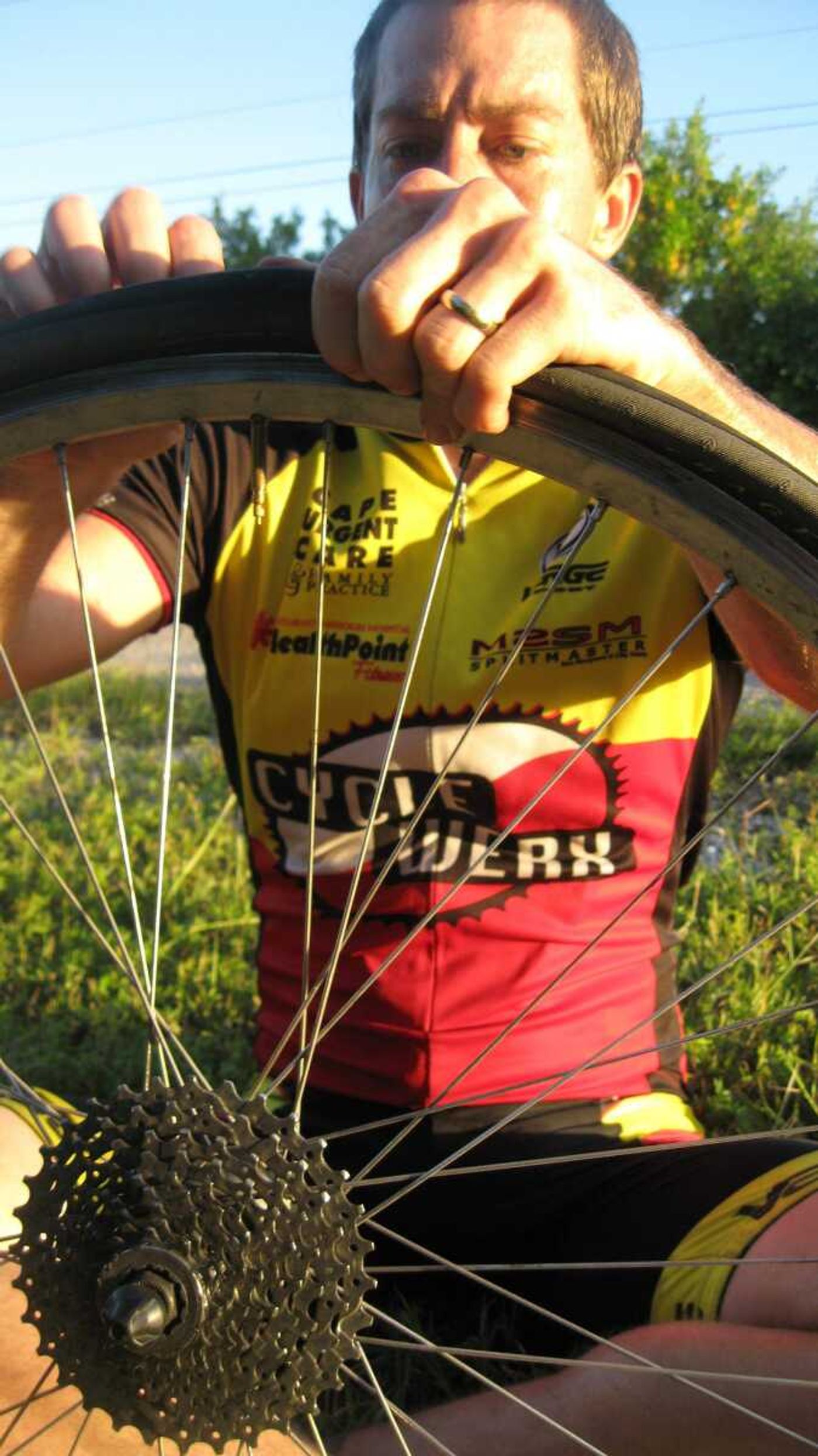
"You meet so many people," he said.
People like Judy in South Carolina who drove by him and asked where he was staying. She had ridden her motorcycle cross-country years ago and knew from her own experience she should offer him help.
"There was that kinship," he said. She automatically knew by looking at what he had on the back of his bike that he didn't have a place to stay and she could offer that, Wittmer said.
But cycling isn't only about going state to state and staying with strangers. It's not only about "living day to day." Cycling is living every day. It's about going from work to home and staying healthy. It's a mode of transportation -- one people in Cape Girardeau are advocating needs more attention.
Some local cyclists, like Eric Redinger, have been working with city officials to develop the area into a more bike-friendly atmosphere.
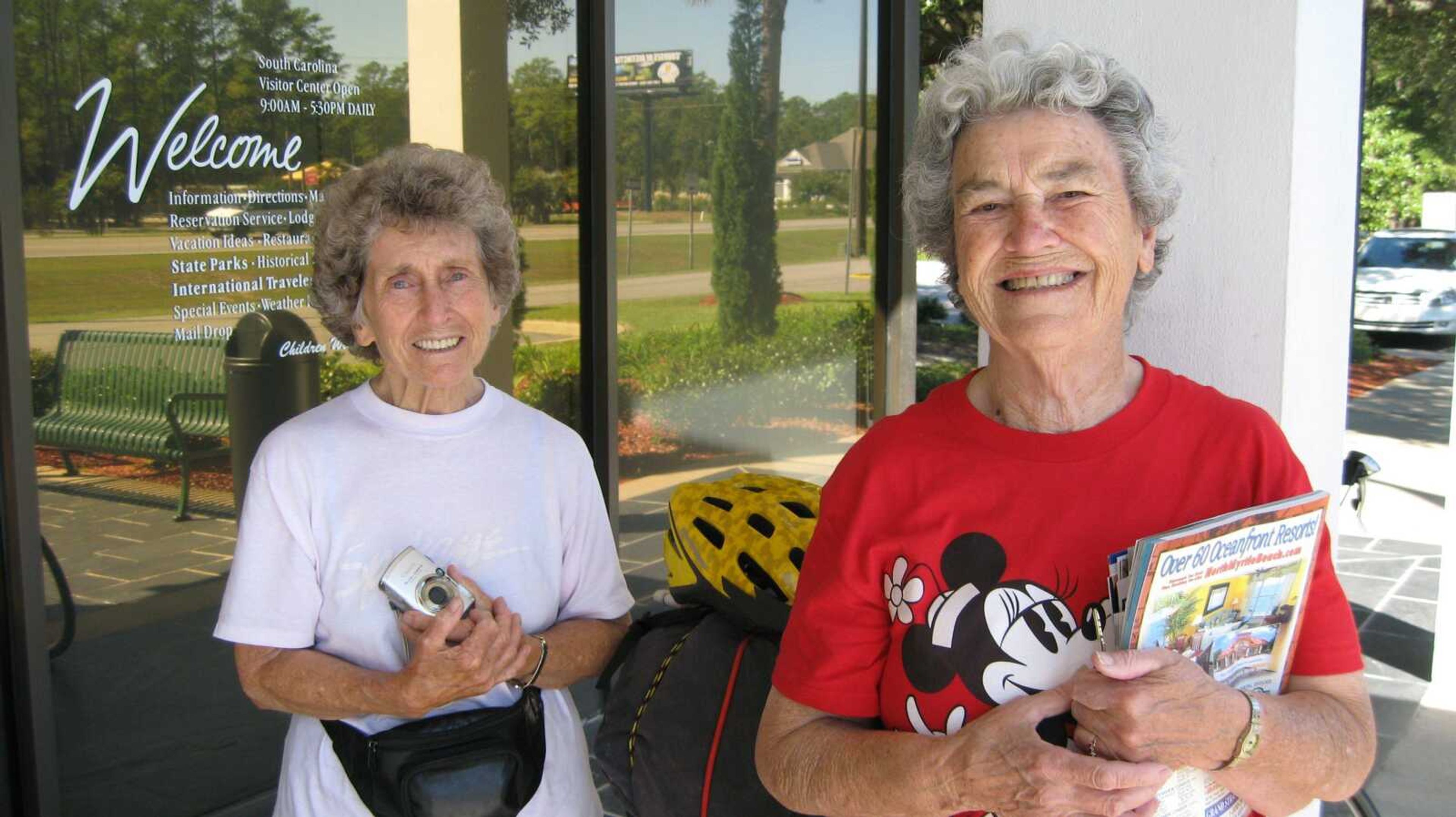
The original proposal submitted was a modest plan that could be implemented for about $34,000, Redinger said. They are currently looking at funding and grant programs to start the process.
He said he's hoping they will go ahead with the original proposal and add to it as a more comprehensive plan becomes possible. The original plan calls for putting stripes on existing roadways that already have wide shoulders and no on-street parking, creating a bike lane on streets such as Sprigg Street, Lexington Avenue and Cape Rock Drive. Certain sections on these roads can spare a few feet on either side to share the road with bikers. The streets in the plan connect elementary schools and parks across town.
"Basically, think of it as a shoulder striping process," Redinger said.
"As a motorist ... you basically drive halfway between the curb and the center stripe," he said. "On a lot of our streets we don't have a shoulder stripe."
Adding a white line a few feet from the curb gives a "visual barrier" to motorists so when they top a hill they aren't going to plow into a rider.
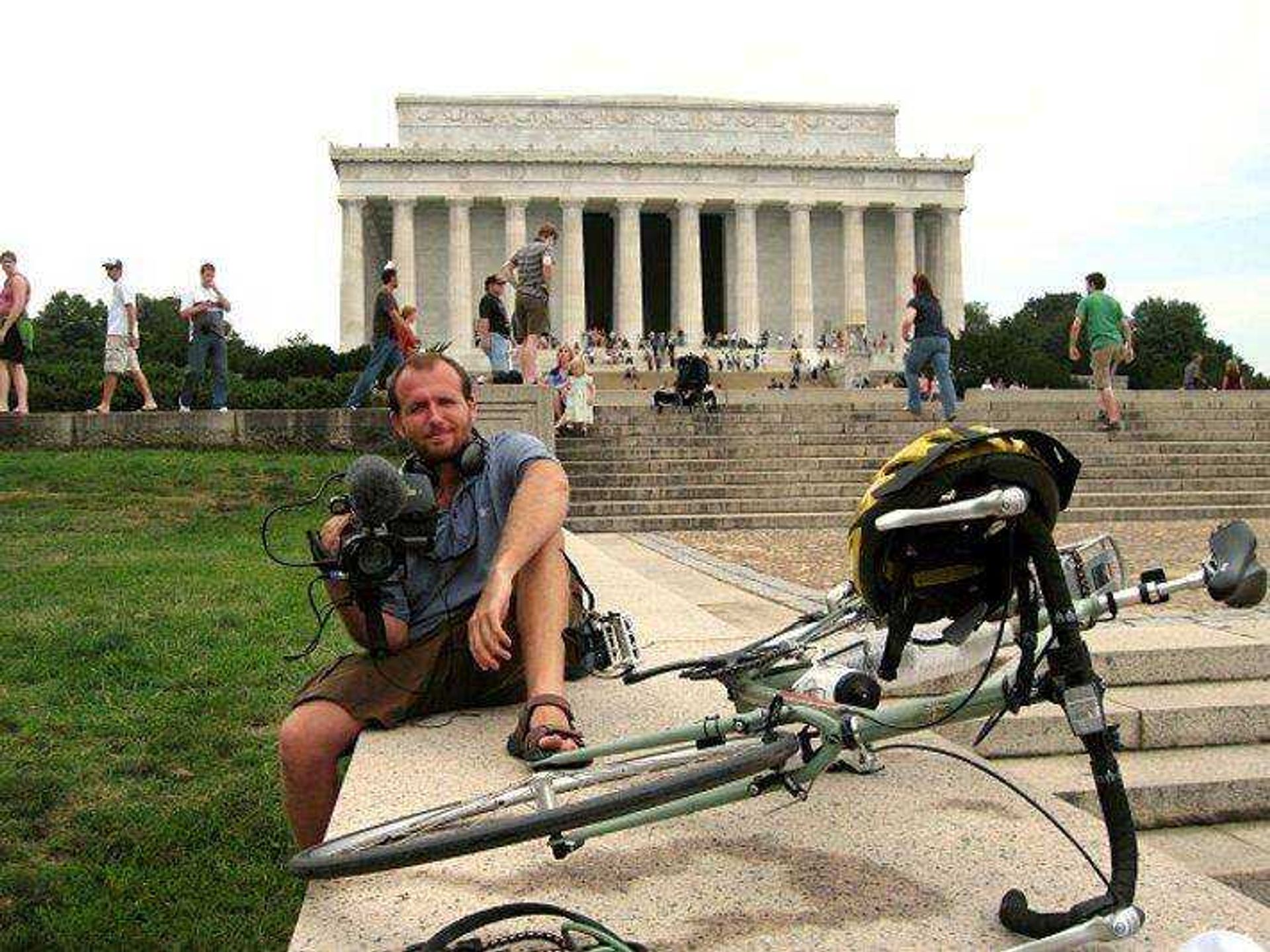
"Safety I think is the most important thing," Wittmer said. "Once people know that they can get safely to Schnucks, then they'll start to doing it."
"When drivers start to see bikers in bike lanes, it changes their thinking," Wittmer said. It would take those "pioneers" to make motorists pay attention to their placement in-between the lines.
He added that making Cape Girardeau and Jackson bike friendly takes more than just painting a stencil on the shoulder and erecting signs that urge drivers to share the road.
"You'd be silly not to do two things," Wittmer said.
His suggestions: Have places for people to lock their bikes up at businesses and have a street sweeper come through to keep the bike lanes clear.
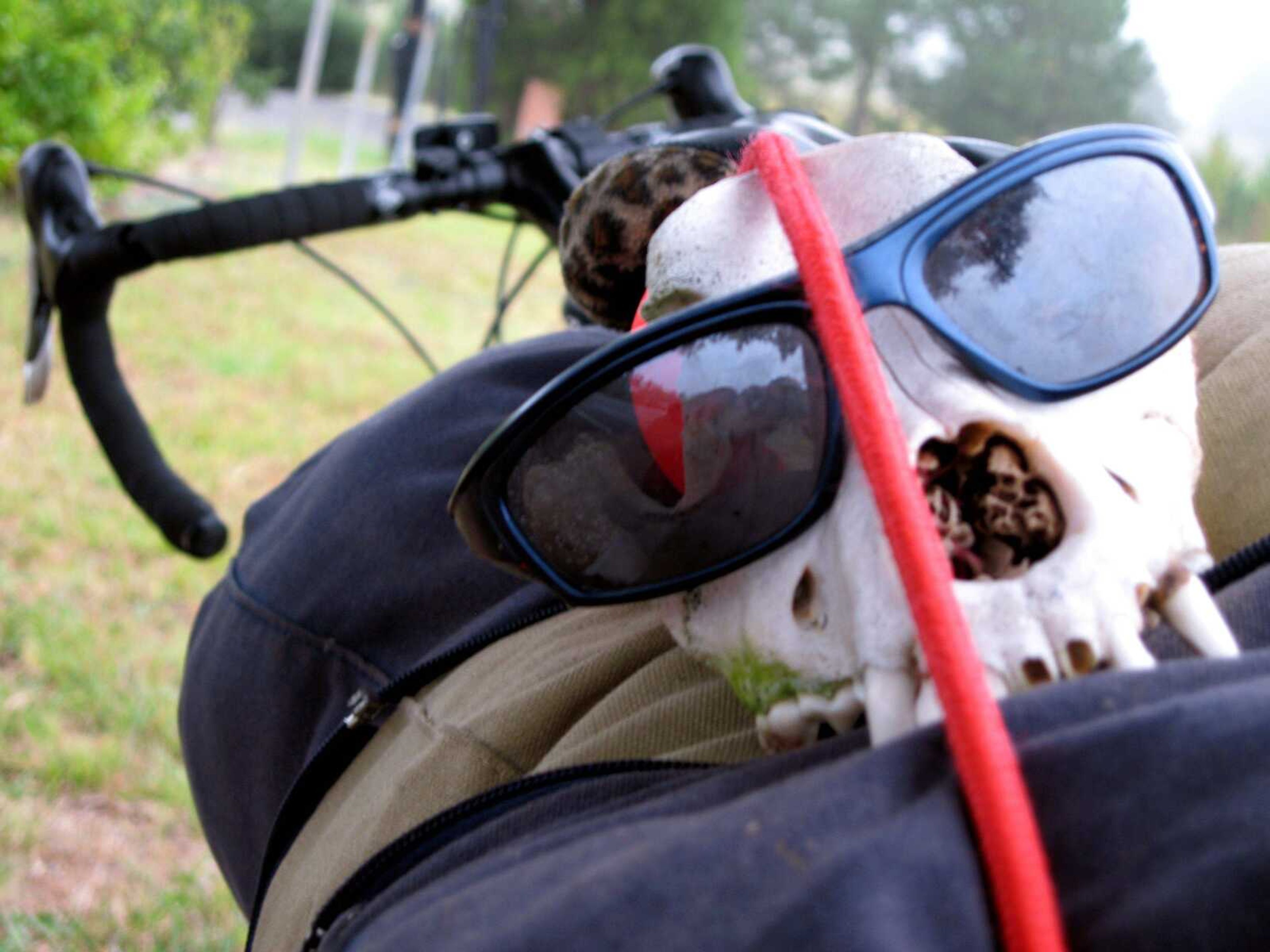
"It's a fact of the road: Side mirrors get shattered, glass bottles get thrown," he said.
All of those incidents can result in flat tires or more serious injury if a fall occurs.
"When you get to Wal-Mart, where are you going to lock the darn thing?" he said. Many businesses frown on locking bikes to signs out front, but a bike rack is a necessity for a cyclist, Wittmer said. "Those are like our wheelchair ramps."
Those issues and the weather notwithstanding, Wittmer said, "if you can eliminate the safety issue, I think a lot of people might think twice" about riding a bike to the store or the office.
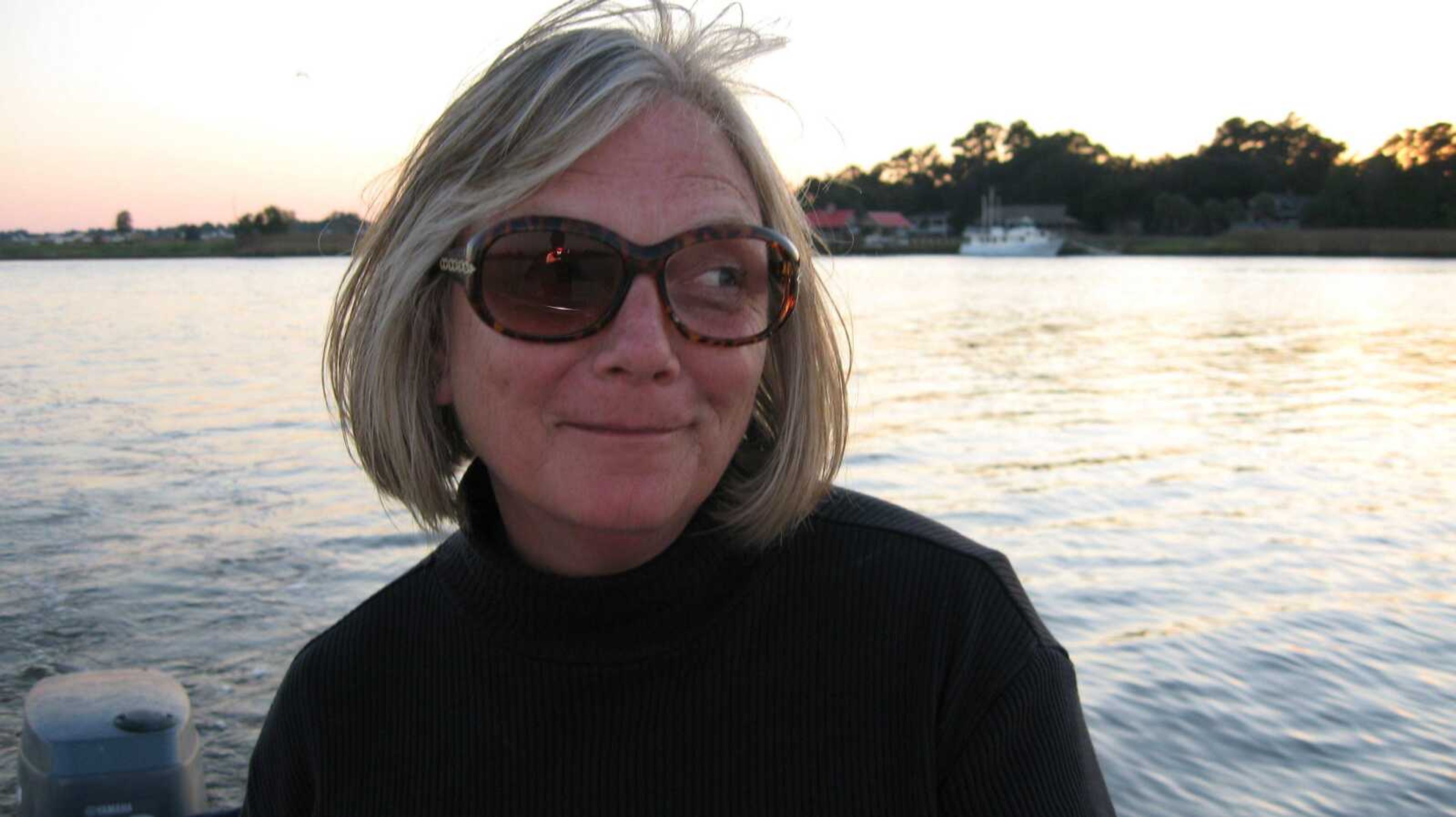
Wittmer has finished his ride for the Greenway and is in the final stages of updating the map for the organization. Right now he is working for a bookstore in Gainesville, Fla., waiting for his next opportunity.
"I've always worked project to project or job to job," he said. "I feel like there's a lot of different avenues I can take, and I'm looking at all of them."
Wittmer is looking at possibly teaching at a university in Peru or maybe mapping other trail systems in the U.S. He said he is looking for a way to incorporate filming, writing, photography and anthropology, but is open to almost anything.
charris@semissourian.com
335-6611, extension 246
Connect with the Southeast Missourian Newsroom:
For corrections to this story or other insights for the editor, click here. To submit a letter to the editor, click here. To learn about the Southeast Missourian’s AI Policy, click here.

